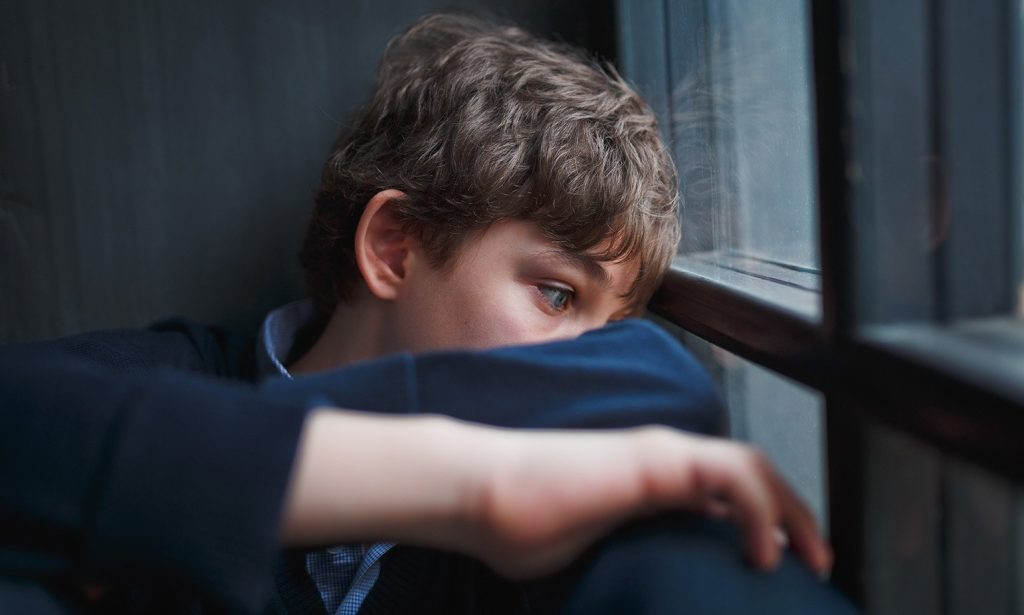Depression is a mental health disorder that affects millions of people around the world. It can cause negative thoughts, feelings of sadness and hopelessness, and a loss of interest in activities that were once enjoyable. If you are experiencing any of these symptoms, it is important to seek help from a doctor or mental health professional. In this blog post, we will discuss the signs and symptoms of depression, as well as the various treatment options available.
Contents
- 1 What Is Depression?
- 2 Types of Depression
- 3 Signs And Symptoms of Depression
- 4 Causes of Depression
- 5 Risk Factors For Depression
- 6 Depression In Different Age Groups
- 7 Depression In Different Genders
- 8 Depression In Different Races
- 9 Negative Impacts of Depression
- 10 Diagnosis of Depression
- 11 Treatment Options for Depression
- 12 How To Prevent Depression?
- 13 Conclusion
- 14 A Word From Therapy Mantra
What Is Depression?
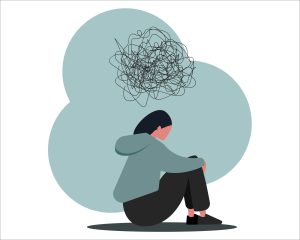 Depression is a mood disorder that causes a persistent feeling of sadness and loss of interest. It can lead to a range of emotional and physical problems. Depression is one of the most common mental disorders. It affects about 350 million people around the world.
Depression is a mood disorder that causes a persistent feeling of sadness and loss of interest. It can lead to a range of emotional and physical problems. Depression is one of the most common mental disorders. It affects about 350 million people around the world.
There can be a number of causes for depression, including genetics, brain chemistry, environmental factors, and life events.
Depression is usually treated with medication, therapy, or a combination of both.
Depression can be very debilitating and prevent people from functioning normally in their day-to-day lives. It’s important to seek help if you think you may be suffering from depression. The earlier it is treated, the better the outcome is likely to be.
Types of Depression
There are many different types of depression. The most common are major depressive disorder, dysthymia, and bipolar disorder.
Major Depressive Disorder (MDD)
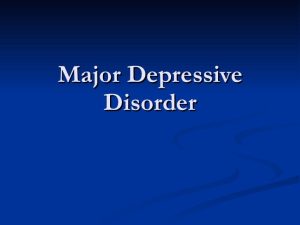
MDD is a type of depression that is characterized by a persistent and severe low mood. It interferes with daily activities and can cause physical problems, such as changes in appetite or sleep patterns.
MDD affects about 16 million American adults each year.
Dysthymia
Dysthymia is a type of depression that lasts for at least two years. It causes a low mood but does not interfere with daily activities the way MDD does.
People with dysthymia often feel hopeless and helpless, like they’re stuck in a dark hole they can’t get out of.
Bipolar Disorder
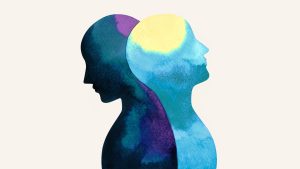 Bipolar disorder is a type of depression that causes extreme mood swings between high and low points, called mania and depression.
Bipolar disorder is a type of depression that causes extreme mood swings between high and low points, called mania and depression.
Mania is characterized by feelings of euphoria, irritability, and racing thoughts. Depressive episodes can be very severe and include symptoms like sadness, hopelessness, and loss of interest in activities that were once enjoyable.
Bipolar disorder affects about two million American adults.
Seasonal Affective Disorder
SAD is a type of depression that is related to changes in the seasons. It typically occurs during the winter months, when there is less sunlight.
SAD causes a low mood and can lead to problems with sleeping, eating, and concentration.
People with SAD often feel better during the spring and summer months.
Postpartum Depression
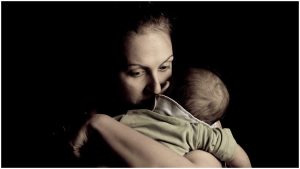 Postpartum depression is a type of depression that can occur after childbirth. It causes a low mood and can interfere with daily activities.
Postpartum depression is a type of depression that can occur after childbirth. It causes a low mood and can interfere with daily activities.
Postpartum depression affects about one in eight women who give birth.
Psychotic Depression
Psychotic depression is a type of depression that includes symptoms of psychosis, such as delusions or hallucinations.
This depression is a very serious condition and requires treatment right away. This type of depression affects about one in four people who have depression.
Signs And Symptoms of Depression
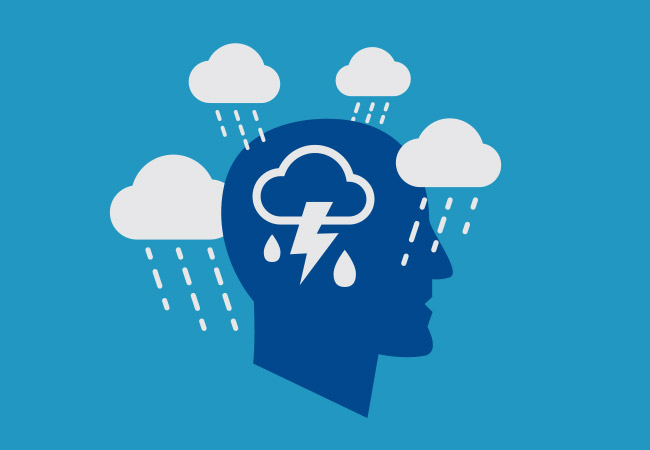
There are many signs and symptoms of depression, which can vary from person to person. Some of the most common signs and symptoms include:
Sadness
Sadness is a sign that something is wrong, and it’s one of the most common symptoms of depression. Feeling sad all the time or feeling like you can’t enjoy anything is not normal.
Loss Of Interest
If you used to love going out with your friends but now you would rather stay home, that could be a sign of depression. Losing interest in activities you used to enjoy is another common symptom.
Change In Weight Or Appetite
Weight gain or weight loss can be a sign of depression. A change in appetite can also be a sign of depression. People may either lose their appetite completely or overeat as a way to cope with their feelings.
Insomnia
This can be a problem for both people who have trouble sleeping and those who sleep too much. People with insomnia often have difficulty falling asleep or staying asleep. Sometimes people with depression will oversleep as a way to avoid dealing with their feelings.
Fatigue
Feeling tired all the time is another common sign of depression. People may feel like they can’t get out of bed or that they have no energy to do anything.
Irritability
Depression can cause people to be irritable and short-tempered. This is often because people are feeling overwhelmed and frustrated by their emotions.
Suicide Or Self-Harm
Suicidal thoughts or thoughts about harming oneself are very serious signs of depression. If you are having these thoughts, it is important to seek help right away.
Anger
People with depression may also feel a lot of anger. They may be angry at themselves, their situation, or others around them.
Aches And Pains
Many people with depression experience unexplained physical problems such as headaches, back pain, and stomach aches. This can also be a sign that something is wrong.
Causes of Depression
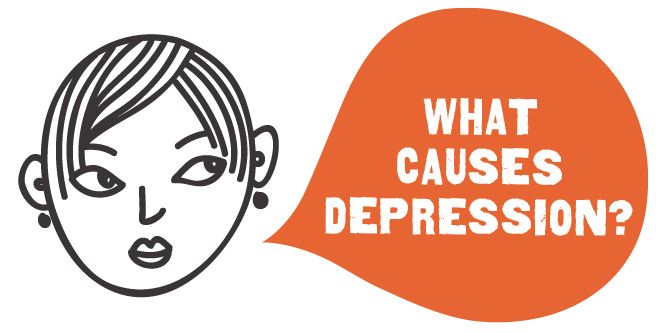
There are many causes of depression. Some of the most common causes include:
Genetics
Depression can be caused by genetics, which means it is passed down from your parents. If you have a family member who has depression, you are more likely to experience it yourself. This also means that it is important to be aware of the signs and symptoms of depression, so you can get help if you need it.
Life Events
Sometimes a difficult event or situation in life can cause depression. This could be something like a death in the family, a divorce, or losing your job. There are some events that are so difficult they can cause depression even if you have no history of mental health problems.
Medical Conditions
Depression can also be caused by certain medical conditions, such as thyroid problems, cancer, and HIV/AIDS. Some medications can also cause depression. These are called “antidepressants.”
Environmental Factors
There are also environmental factors that can contribute to depression. This includes exposure to violence, abuse, or trauma. Living in a difficult or stressful environment can also be a cause of depression. This could be things like poverty, racism, or discrimination.
Risk Factors For Depression
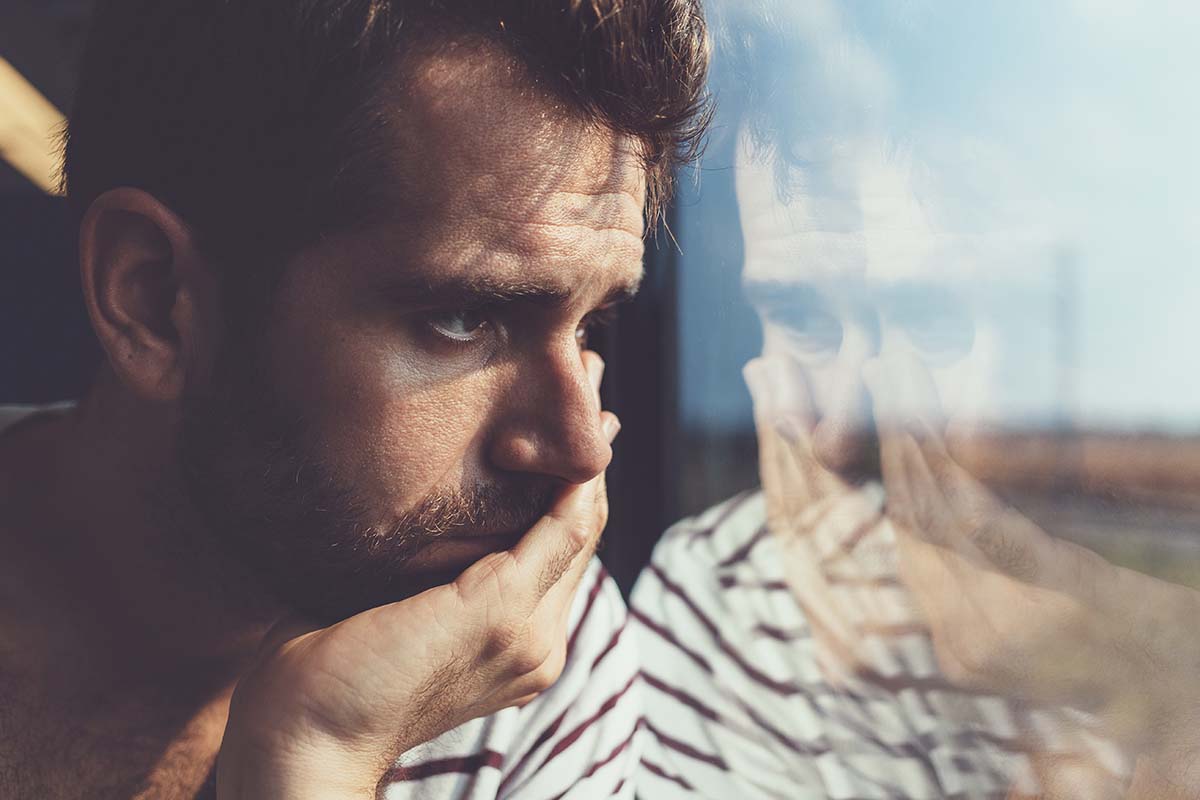
There are many risk factors for depression. Some of the most common risk factors include:
Mental Health Condition
People who have a mental health condition are at a higher risk for depression. This includes conditions like anxiety, bipolar disorder, and schizophrenia. Sometimes these conditions can cause depression on their own, or they can make you more likely to experience depression.
Age
Depression is more common in older adults than it is in younger people. This may be because as we get older, we lose some of the things that used to bring us joy. We may also face more stressors as we age, like health problems and retirement.
Gender
Women are more likely to experience depression than men are. This may be due to the fact that women are often dealing with multiple stressors, like work and household responsibilities. Women may also be more likely to seek help for mental health problems than men are.
Substance Abuse
People who abuse drugs or alcohol are also at a higher risk for depression. This is because substance abuse can cause mood swings and make it harder to cope with stress. It can also lead to other mental health problems.
Traumatic Event
People who have experienced a traumatic event are also at a higher risk for depression. This could be something like being in a car accident, experiencing violence, or going through a natural disaster. Trauma can cause long-term emotional pain that makes people more likely to experience depression.
Past History Of Depression
If you have had depression in the past, you are more likely to experience it again. It is important to be aware of the signs and symptoms of depression so you can get help if you need it.
Family History Of Depression
If your family has a history of depression, you are more likely to experience it yourself. This means that it is important to be aware of the signs and symptoms of depression, so you can get help if needed.
Lack Of Social Support
People who do not have a lot of social support are also at a higher risk for depression. This could be due to things like loneliness, social isolation, or feeling disconnected from others.
Depression In Different Age Groups
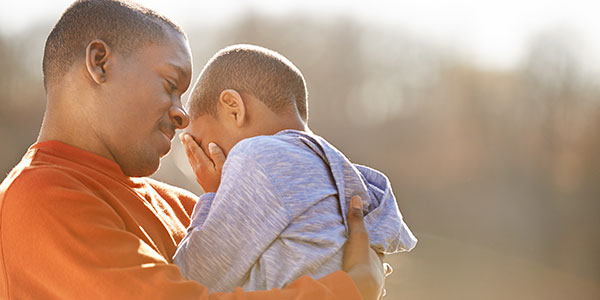
The different age groups that are at the highest risk for depression are:
Older Adults
In older adults, depression is more common than in other age groups. This may be due to the fact that as one gets older, you lose some of the things that used to bring us joy. You may also face more stressors as you age, like health problems and retirement. They are also more likely to have a family history of depression.
Teens
Depression is one of the most common mental health conditions in teens. This may be because teens are going through a lot of changes – physically, emotionally, and socially. They may also feel a lot of pressure to succeed. Teens who experience depression often have other mental health conditions too, like anxiety or eating disorders.
Young Children
Depression is not as common in young children as it is in teens, but it does happen. Young children who experience depression may have a hard time expressing their feelings. They may also act out more than usual or have problems sleeping or eating. They may also lose interest in things they used to enjoy.
Depression In Different Genders
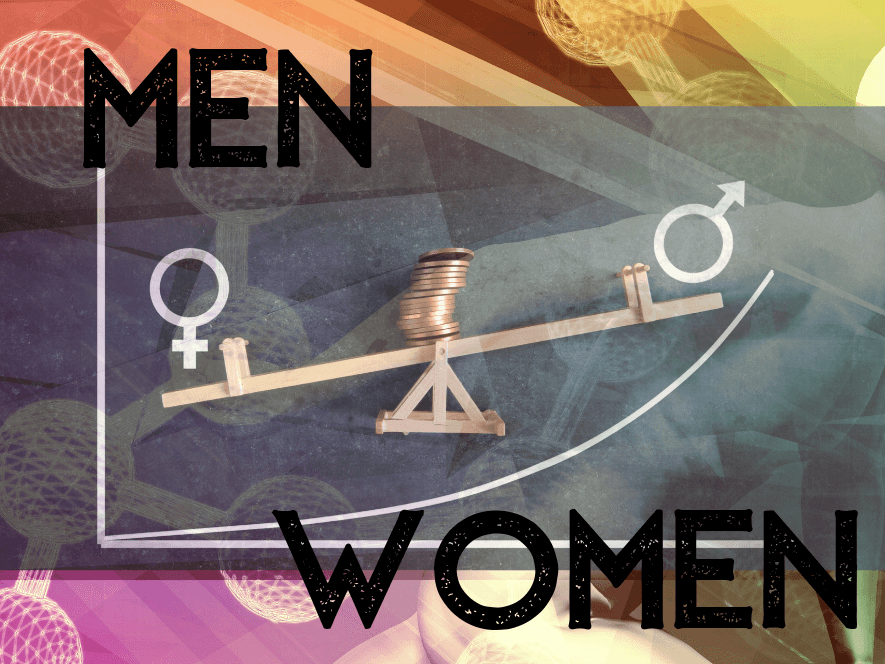
There are different gender that may be at a higher risk for depression.
Women
Women are more likely to experience depression than men are. This may be due to the fact that women are often dealing with multiple stressors, like work and household responsibilities. Women may also be more likely to seek help for mental health problems than men are.
Men
Men are less likely to experience depression, but when they do it is often more severe. This could be because men are less likely to talk about their feelings and emotions, which can lead to them feeling isolated or misunderstood. They may also turn to alcohol or drugs as a way of coping with their feelings of sadness or emptiness.
Transgender
Sometimes transgender people experience depression. This may be because they feel like they do not fit into the gender role that society has assigned to them, or because they face discrimination and violence. This can be because they are transgender, or because they are gender non-conforming.
Depression In Different Races
There is no one race that is more at risk for depression than any other race. However, some races may be more likely to experience depression because of the cultural messages that they receive about mental health. For example, Black Americans may be more likely to experience depression because there is a lot of stigma around mental health in their community.
Sometimes people experience depression for no clear reason.
Negative Impacts of Depression
There are many negative impacts of depression.
Physical Health
Depression can lead to physical health problems, like heart disease, stroke, and diabetes. It can also make it harder to manage chronic illnesses. These are just a few examples – depression can have a negative impact on any part of the body.
Emotional Health
Depression can also lead to emotional health problems, like anxiety and self-harm. It can also make it harder to cope with stressors and difficult situations.
Work And School Performance
People who are depressed often have trouble concentrating, making decisions, or completing tasks. This can lead to them doing poorly in school or at work.
Relationships
Depression can also affect relationships, either because people do not want to be around someone who is depressed or because the person who is depressed becomes irritable and moody. This can lead to fights and tension within a relationship.
Suicide
The most serious consequence of depression is suicide. Depression is the leading cause of suicide in the world This means that people who are depressed are more likely to attempt or die by suicide than those who do not have depression.
Mood Changes
The impacts of depression can vary day- to-day. A person who is depressed may feel fine one day and really down the next. This can be really hard for friends and family members to deal with because they never know what to expect.
Sleep Issues
There are often changes in sleep habits when someone is depressed. They may have trouble falling asleep, wake up frequently during the night, or sleep more than usual.
Eating Issues
People who are depressed often have changes in their eating habits. They may lose interest in food, eat too much, or not eat enough. This can lead to problems with weight and health.
Diagnosis of Depression

The diagnosis of depression is made when a person has symptoms of depression for at least two weeks. The symptoms can be physical, emotional, or behavioral.
Sometimes some doctors prescribe medication to help with the symptoms of depression.
There are different types of tests that one can use to help diagnose depression.
Some of these are:
BDI(Beck Depression Inventory)
This is a test that measures the severity of someone’s depression. It asks about different symptoms, like feeling sad, worthless, and hopeless. This test is often used to see if someone would benefit from treatment.
CES-D(Center for Epidemiologic Studies Depression Scale)
This test measures the number of depressive symptoms a person has. It asks about things like feeling down, losing interest in activities, and having problems sleeping. This test is often used to see how bad someone’s depression is and if they need treatment.
HAM-D(Hamilton Rating Scale for Depression)
This is one of the most common tests used to diagnose depression. It asks about different symptoms, like feeling sad, hopeless, or worthless. This test also measures how severe someone’s depression is.
Patient Health Questionnaire-Nine (PHQ- 9)
This test is used to measure the severity of someone’s depression. It asks about different symptoms, like feeling down, having trouble sleeping, and losing interest in things you used to enjoy. This test can be used to see if someone needs treatment for their depression.
Treatment Options for Depression
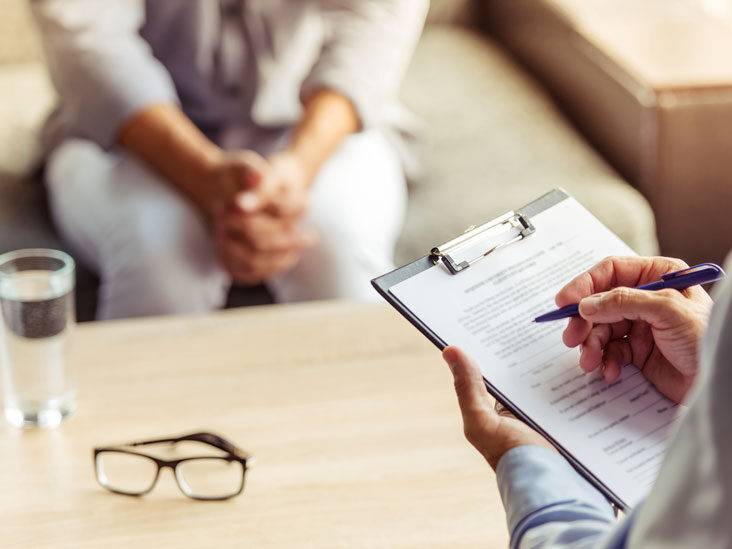
If you are experiencing any of the signs and symptoms of depression, it is important to seek treatment right away. There are many different treatment options available for depression. Some of the most common treatments include:
Therapy
Psychotherapy, also known as “talk therapy,” is a type of therapy that involves talking with a therapist about your thoughts and feelings. This can be helpful in understanding why you feel depressed and how to cope with your emotions. Sometimes therapy can also help you develop better-coping skills.
Medication
Antidepressants are a type of medication that can be used to treat depression. These medications help to improve the symptoms of depression by changing the way your brain works. It is important to note that antidepressants do not work for everyone and it may take some time to find the right medication for you.
Self-Care
There are many things you can do on your own to help improve your mood and cope with depression. This includes exercise, relaxation techniques, and healthy eating habits. It is also important to get enough sleep and avoid alcohol and drugs. There are also many support groups available for people with depression.
How To Prevent Depression?
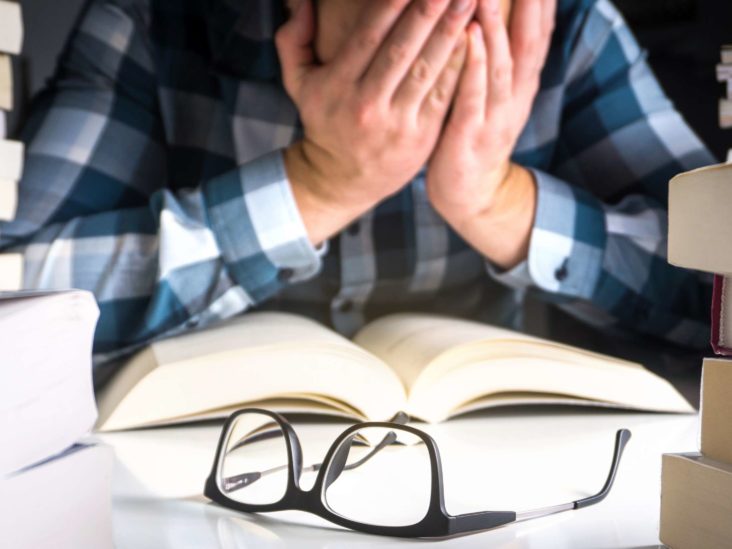
There are many things you can do to help prevent depression from happening in the first place. Some of these things include:
Maintain Healthy Lifestyle
You should always aim to maintain a healthy lifestyle by eating healthy foods, getting enough exercise, and getting enough sleep.
Stay Connected With Friends and Family
It is important to stay connected with your friends and family members. This can help reduce stress levels and provide social support.
Challenge Negative Thoughts
When you start to feel down, it is important to challenge any negative thoughts you are having. This can be done with the help of a therapist or by writing down your thoughts in a journal.
Seek Professional Help If Needed
If you are feeling overwhelmed or like you cannot cope with your depression on your own, it is important to seek professional help. There are many different types of therapists who can help you manage your depression. This includes cognitive-behavioral therapy, interpersonal therapy, and dialectical behavior therapy.
Conclusion
Depression is a very common mental health condition that can cause a lot of distress. If you are experiencing any of the signs and symptoms of depression, it is important to seek treatment right away. There are many different types of treatment available for depression, including therapy, medication, and self-care. It is also important to maintain a healthy lifestyle and stay connected with friends and family members. Lastly, if you feel like you cannot cope with your depression on your own, it is important to seek professional help.
A Word From Therapy Mantra
Your mental health — your psychological, emotional, and social well-being — has an impact on every aspect of your life. Positive mental health essentially allows you to effectively deal with life’s everyday challenges.
At Mantra Care, we have a team of therapists who provide affordable online therapy to assist you with issues such as depression, anxiety, stress, relationship, OCD, LGBTQ, and PTSD. You can take our mental health test. You can also book a free therapy or download our free Android or iOS app.
